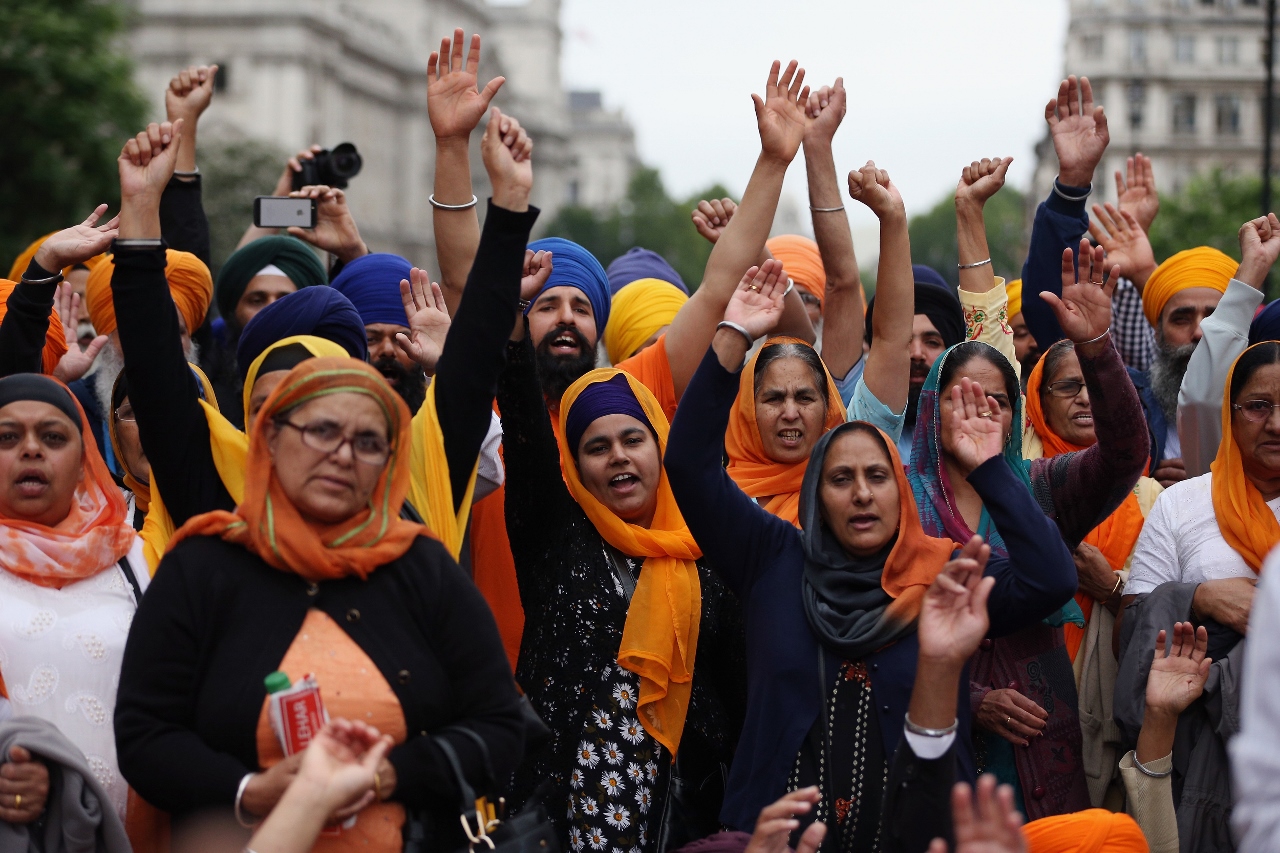
Outrage after European Court of Justice (ECJ) says Employers are entitled to ban workers from the “visible wearing of any political, philosophical or religious sign”
In a devastating blow to human rights and the right to religious freedom, this week’s ruling from the ECJ, which says employers have the right to ban any visible religious attire and signs, has caused outrage.
The case was prompted after Samira Achbita, a receptionist for global company G4S in Belgium was fired from her job, after three years with the company, when she began to wear a headscarf to work.
She claimed she was being discriminated against because of her religion But when the Belgian’s court of cassation referred the case to the EU’s top court for clarification, they cleared G4S of any discriminatory charges.
G4S claimed in their workplace regulations they forbid employees “from wearing any visible signs of their political, philosophical or religious beliefs and/or from engaging in any observance of such beliefs.”
This is the court’s first decision on the issue of Islamic headscarves at work and whilst they have instigated the ruling, it must be based on internal company policy requiring all employees to “dress neutrally.”

Now human rights groups say that the suggestion that the hijab is not part of a “neutral” dress code merely implies that it is a provocation, and it only serves to undercut the religious freedoms of Muslim women, a group who are already bearing the brunt of rising Islamophobia in Europe
Bana Gora (CEO, Muslim Women’s Council) said: “This ruling is a violation of women’s rights and autonomy.
“Given the alarming rise in hate crimes, the timing of this ruling will only embolden growing far-right sentiment which has been resurrected since Brexit.
“Instead of focussing on the hijab, which has been so grossly dissected by the media and politicians alike, we must focus on the more pressing issues on our doorstep. The last thing we want to do is to alienate Muslim women who are already heavily disenfranchised.”

Of course, the ban doesn’t just have implications for the female Muslim community; Sikh men who wear the turban may face persecution in the workplace now as a result of the ruling.
Only in 2012, were communities celebrating the first Sikh guardsman to be given permission to wear a turban instead of a bearskin while on duty outside Buckingham Palace. This ruling now threatens to undermine the progress made by a range of religious and minority groups to express their freedom in the workplace.















